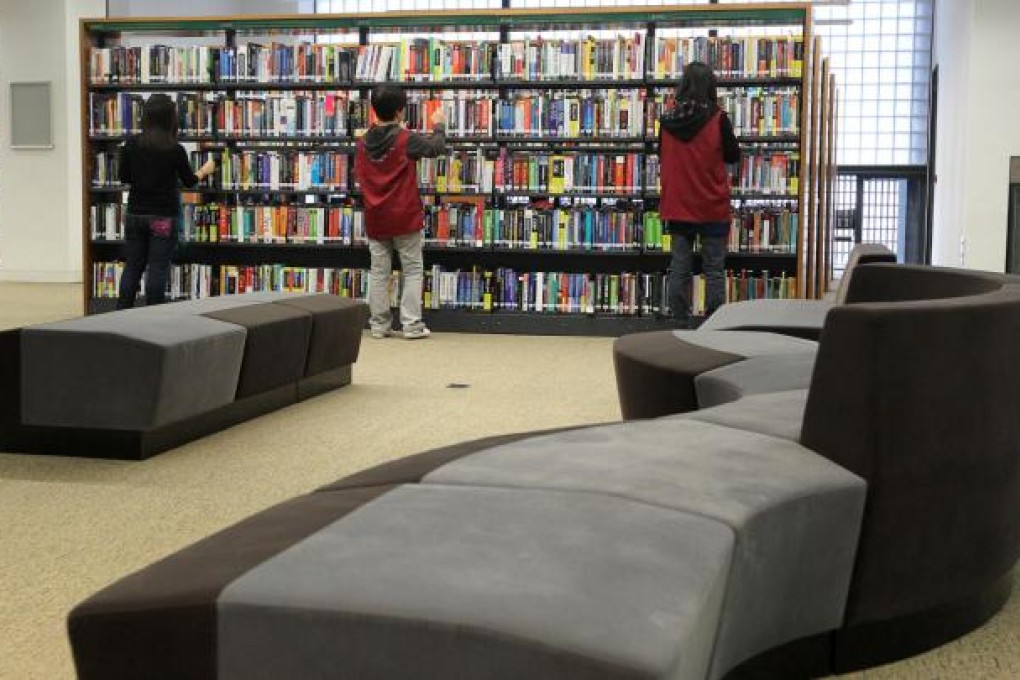Letters to the Editor, March 10, 2013
The global investing public is increasingly paying attention to the corporate social responsibilities of listed enterprises. Profitability aside, corporate performance in environmental protection, social contribution and human capital development are being factored into people's investment decisions.

The global investing public is increasingly paying attention to the corporate social responsibilities of listed enterprises. Profitability aside, corporate performance in environmental protection, social contribution and human capital development are being factored into people's investment decisions.
To keep in line with the international trend, the Hong Kong Stock Exchange is advocating the concept of integrated reporting, which encourages companies to disclose their accomplishments in four areas: social, environmental, intellectual property, and human capital development.
Normally, the reporting quality of a company reflects the sophistication of its performance monitoring system and the competency of top management, which in turn affects the sustainability of business development. Companies which take the lead in adopting integrated reporting should enjoy a premium in valuation.
However, this rationale might not apply to the Hong Kong stock market, which is dominated by participants with a short investment horizon. Using our two electricity giants as an example, they adopt similar business expansion strategies and dividend policies; but the stock price performance of CLP is inferior to that of its counterpart, Hongkong Electric, despite it having won many prestigious corporate governance and disclosure awards.
Although difference in stock price performance may be caused by various factors, it appears that local investors, in the process of formulating their investment strategies, have placed a low priority on corporate transparency.
Without market motivation, it takes time for enterprises to recognise integrated reporting as a chance to demonstrate business value, rather than as a mere burden of compliance cost. The Securities and Futures Commission should step up its efforts in investor education in order to foster this change.